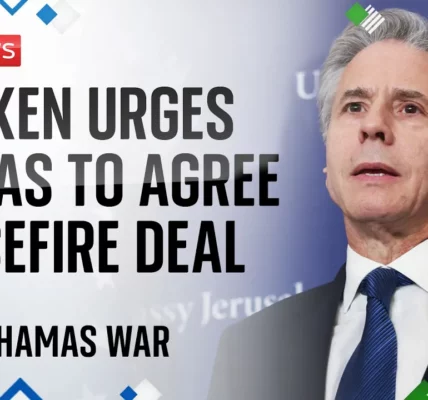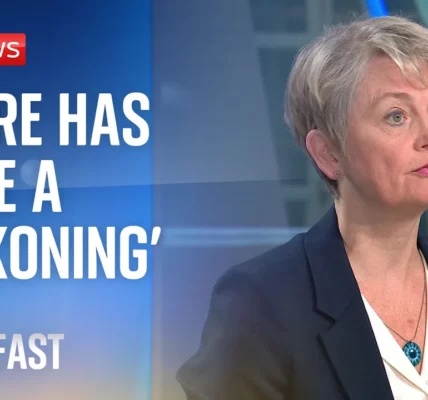Prime Minister’s Controversial Absence During D-Day Anniversary

This article explores the implications of the Prime Minister’s absence during the D-Day anniversary, highlighting concerns about patriotism, historical awareness, and the significance of honoring veterans.
Introduction
The recent D-Day anniversary marked a significant moment in history, commemorating the valiant efforts of Allied forces during World War II. The absence of the Prime Minister at this important event has sparked outrage and raised questions about his connection to British history and patriotism. This article delves into the reactions surrounding this incident, the historical context of D-Day, and broader discussions about national identity and values in contemporary Britain.
The Significance of D-Day
D-Day, which took place on June 6, 1944, was a pivotal operation that led to the liberation of Europe from Nazi occupation. The event involved immense sacrifice and coordination among American, Canadian, and British forces. The following points highlight its historical importance:
- Strategic Importance: D-Day was the largest amphibious invasion in history and a crucial turning point in World War II.
- International Cooperation: The operation exemplified collaboration among Allies, showcasing the strength of unity against tyranny.
- Commemoration of Sacrifice: Each year, veterans and leaders gather to honor those who fought and died, reinforcing national pride and collective memory.
Veterans and Their Stories
Many veterans and surviving members of the D-Day operations are still alive today. Their presence at commemorative events emphasizes the personal stories and sacrifices behind the historical narrative. It is crucial for leaders to acknowledge and respect these individuals, as they are living testaments to the values of courage and resilience.
Public Reaction to the Prime Minister’s Absence
The Prime Minister’s decision to prioritize an interview over attending the D-Day anniversary has stirred significant public discontent. Critics argue that this choice reflects a broader disconnection from national values and history:
Patriotic Expectations
For many, the absence signifies a lack of patriotism, which has long been associated with the Conservative Party. This perception raises questions about leadership in times of national remembrance:
- Public Sentiment: Many citizens feel that leaders should participate in events that are central to national identity.
- Historical Awareness: A leader’s understanding of history is vital in engaging with the public and honoring their sacrifices.
Addressing Radicalization and British Values
In the interview that the Prime Minister prioritized, he made comments regarding young Muslims in Britain, suggesting a disconnect between some communities and British values. This topic is sensitive and multifaceted:
The Role of History in Shaping Identity
Understanding the contributions of diverse groups during World War II, including the 1 million Muslims who served in the British army, is essential for fostering a sense of unity and belonging:
- Commonwealth Contributions: Approximately 40% of the forces in both World Wars came from what is now recognized as the Commonwealth.
- Volunteer Spirit: Notably, all contributions were voluntary, underscoring the commitment to the cause of freedom.
Confronting Radicalization
The Prime Minister’s comments about radicalization among young British Muslims have sparked debate. It is crucial to approach this topic with sensitivity and awareness:
- Understanding Motivations: Identifying why some individuals are drawn to radical ideologies is critical for effective countermeasures.
- Promoting Dialogue: Open discussions about these issues can help bridge gaps and foster a sense of community.
Conclusion
The absence of the Prime Minister at the D-Day anniversary not only reflects his personal priorities but also highlights a larger issue regarding the connection between leadership, history, and national identity. The discussions surrounding patriotism, the importance of honoring veterans, and addressing contemporary social issues are essential for the future of Britain’s political landscape. It is vital for leaders to engage with these topics thoughtfully and meaningfully. For more insights, read our related articles on patriotism in modern Britain and the importance of historical remembrance.
“`




